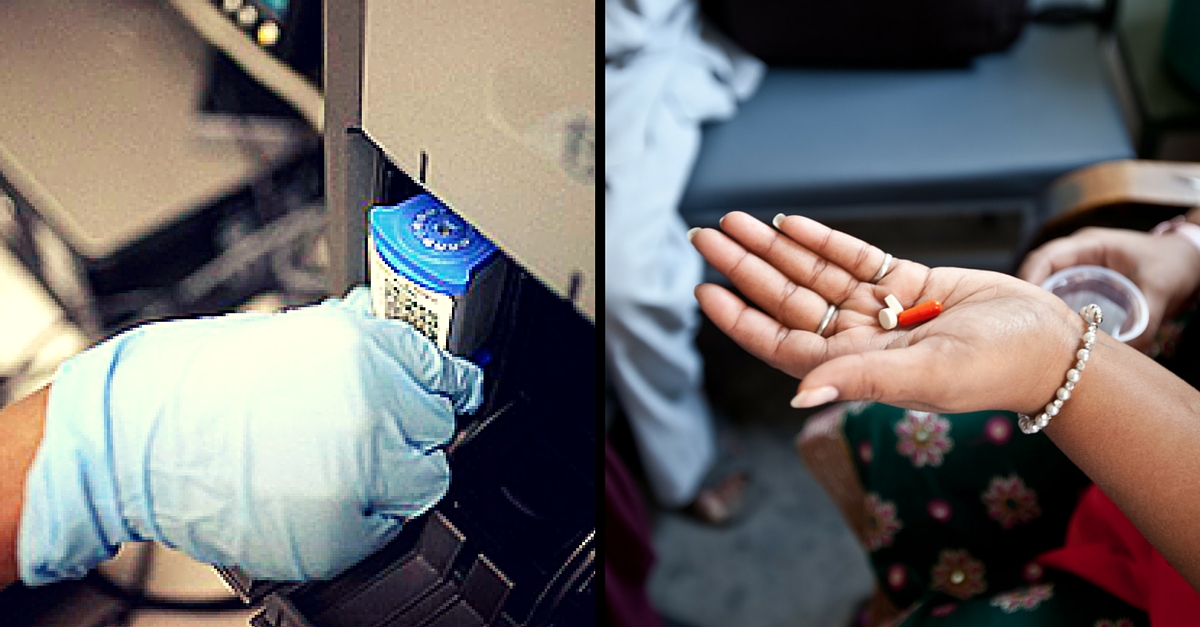The Number of People Taking TB Tests Has Increased Since 2013. All Thanks to This Initiative
There are 22 high-TB burden countries (HBCs) in the world and India is one of them. In 12 of these HBCs, the private sector plays a major role when it comes to providing health care. And the Indian private sector is setting an example by offering a WHO-approved test for diagnosing TB at the cheapest price.

There are 22 high-TB burden countries (HBCs) in the world and India is one of them. In 12 of these HBCs, the private sector plays a major role when it comes to providing health care. And the Indian private sector is setting an example by offering a WHO-approved test for diagnosing TB at the cheapest price.
Xpert MTB/RIF is cartridge-based, molecular test for tuberculosis. It is a highly accurate test. According to a report in the Hindu, India has 113 private labs with 5,200 collection centres that offer this test at a subsidised rate.

Picture for representation only. Source: Flickr
These labs are a part of the IPAQT initiative – Improving Access to Affordable and Quality TB Tests. It is an initiative by private laboratories and stakeholders to ensure that the tests are available to the general public at affordable prices. The test is available for Rs. 2,000 in these labs while it costs Rs. 3,500 to Rs. 5,000 in other labs. You can find details of all Indian laboratories that offer the subsidised tests, here.
The mean price for the test is nearly $75 in Bangladesh, $50 in Afghanistan and $155.5 in Philippines. In six other HBCs, the test is not available in the private sector.
“With a lot of effort, we have managed to keep the price manageable via IPAQT in India, and have shown that volumes can greatly increase. In other privatized countries, patients pay a lot, and have limited access to good tests,” Dr. Madhukar Pai, Associate Professor at McGill University, Canada and one of the Governing Council Members of IPAQT told The Hindu.
With the help of IPAQT, the number of people taking the test in India has increased since 2013. While 15,190 people took the test between March and December 2013, the number increased to 131,440 in 2015.
According to the report, the cost of the test can be reduced even further if the government waives off the 31 percent customs duty on Xpert machines and reagents.
Like this story? Or have something to share? Write to us: [email protected], or connect with us on Facebook and Twitter (@thebetterindia).
If you found our stories insightful, informative, or even just enjoyable, we invite you to consider making a voluntary payment to support the work we do at The Better India. Your contribution helps us continue producing quality content that educates, inspires, and drives positive change.
Choose one of the payment options below for your contribution-
By paying for the stories you value, you directly contribute to sustaining our efforts focused on making a difference in the world. Together, let’s ensure that impactful stories continue to be told and shared, enriching lives and communities alike.
Thank you for your support. Here are some frequently asked questions you might find helpful to know why you are contributing?


This story made me
-
97
-
121
-
89
-
167











